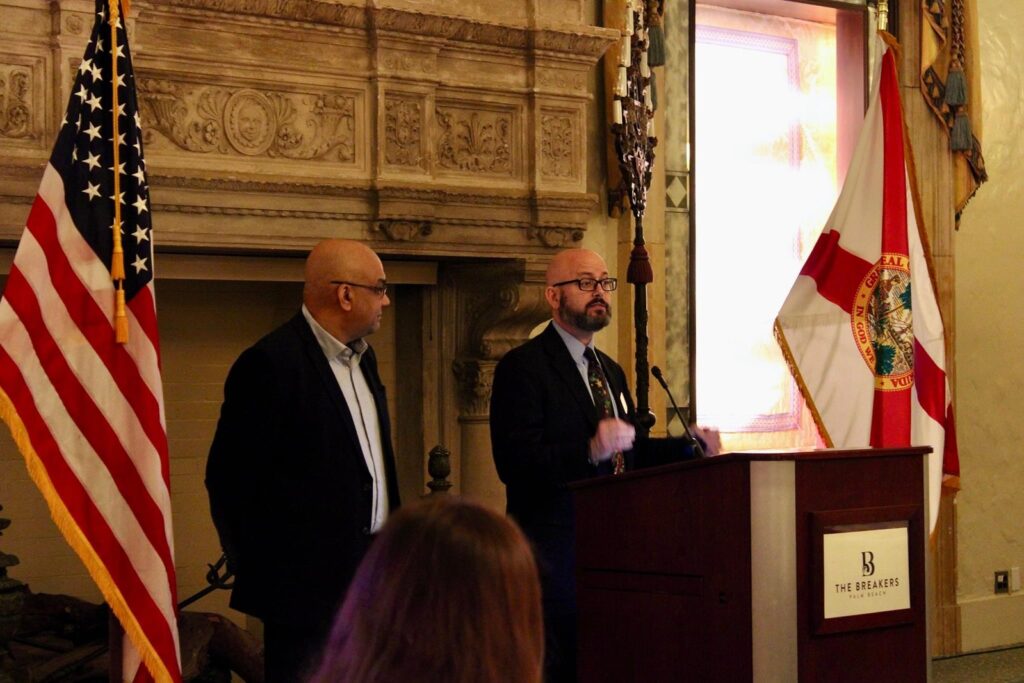Originally published in Divorce Magazine
By Eddie Stephens
For the past 25 years of my life, I have been specializing in high conflict divorces. Over the years, I have observed a lot of things. I have seen things that work, and things that don’t. Here is some advice for those contemplating a dissolution of marriage and some of the most common divorce mistakes I’ve seen people make.
The Most Common Divorce Mistakes People Make
Having unrealistic expectations and the wrong mindset are the two most common divorce mistakes people can make.
There are many people that approach divorce as a battle and make decisions accordingly. While this makes divorce professionals a lot of money, rarely is it a good litigation strategy.
Divorce is hard and traumatic. If you are going through this life change you should be trying to mitigate the financial and emotional damages that occur as a result. Your divorce attorney serves a critical role here when setting expectations for your divorce process.
Handling Expectations and Mindsets
Being transparent and educating my client so they are in a position to make good decisions about their divorce case is important.
It’s key to note that I do not make decisions for my clients. Instead, I offer guidance and advice. I am not the one that will be living with the consequences of those decisions.
Any good attorney will educate their client so the client can make an informed decision. But if an attorney makes decisions for you, instead of explaining things to you and letting you make decisions, it might be a red flag you have the wrong attorney.
Is it reasonable to think your divorce will settle out of court?
Ideally. The two things I see people fight the most over are issues concerning children and finances. Most people can reach an accord without resorting to a judge – the stranger in the black robe.
Two good attorneys should be able to guide their clients to a fair settlement. If not, they should seek the assistance of a qualified mediator. Sometimes there are impediments that prevent one or both parties from acting fairly.
The Impediments to Reaching a Fair Settlement
All things considered, mental illness is a big one. The ailment may be diagnosed or not. Trying to reach a fair accord with a narcissist or someone with a mental condition can be challenging. In some cases, you must have the judge make the decision. It’s best to avoid that, but sometimes it’s necessary and the jurisdiction of the court can be a powerful thing.
The Disadvantages of Going to Court
For some reason, a divorce is a lawsuit. This automatically pits the spouses against each other and the professionals employ zealous advocacy, meaning the professionals try and win at any expense so long as it is ethical.
I do not think this is the best framework to do this work in. Litigation is extremely expensive. I have seen people spend more money on the fight than on what they are fighting over. This leads to a phenomenon known as “charring the walls”. High conflict litigation is very much like taking a flame thrower and burning everything in sight. If the spouses have children, this makes it very difficult to co-parent after. The person making the decision, the one in the black robe (the judge), is human and makes mistakes. Most people can avoid falling into this hole, some can’t.
Last Words of Advice
Above all, choose your battles wisely. Every “fight” you engage in has a cost. Don’t forget to breathe, oxygen in the brain is necessary for making good decisions.
Eddie Stephens, a sixth generation Floridian, is a partner in Stephens & Stevens, PLLC. Eddie is a Board Certified Family Law Attorney who specializes in high-conflict matrimonial law. He has earned the AV® Preeminent™ Peer Review Rating by MartindaleHubbell, a professional rating indicating the highest ethical standards and professional ability.
With 25 years of litigation experience, Eddie specializes in high-conflict, high-asset divorce cases. Eddie focuses on helping clients with domestic legal issues such as property division, business valuation, child support and spousal support, child custody and visitation, post-judgment modifications, child relocation, same sex marriages, and both prenuptial and postnuptial agreements.
Having tried hundreds of high-conflict divorce cases in Palm Beach County, Eddie’s hourly rate is higher than the average family law attorney due to his experiences and expertise. Eddie also oversees a team of lawyers with varying levels of experience and hourly rates.
As a divorced father of two children, Eddie knows first-hand what’s at stake when counseling his clients. Eddie currently serves on the Board of Directors for the Center for Child Counseling, Inc. and Board of Governors of Leadership Palm Beach County.
Eddie is a past recipient of the Family Law Section Alberto Romero Making a Difference Award (2017), the Leadership Palm Beach County Leadership Excellence Award (2018) and most recently, the Families First of Palm Beach 2019 Harriet Goldstein Awardee (2019). In addition to practicing family law, Eddie is an author, lecturer, and community leader who supports a number of local civic and charitable organizations. His hobbies include Jiu Jitsu, cooking, yoga, and spending time with his family. Eddie is happily married to Jacquie and has two children, Christopher and Matthew, and they all call Palm Beach, Florida home.




